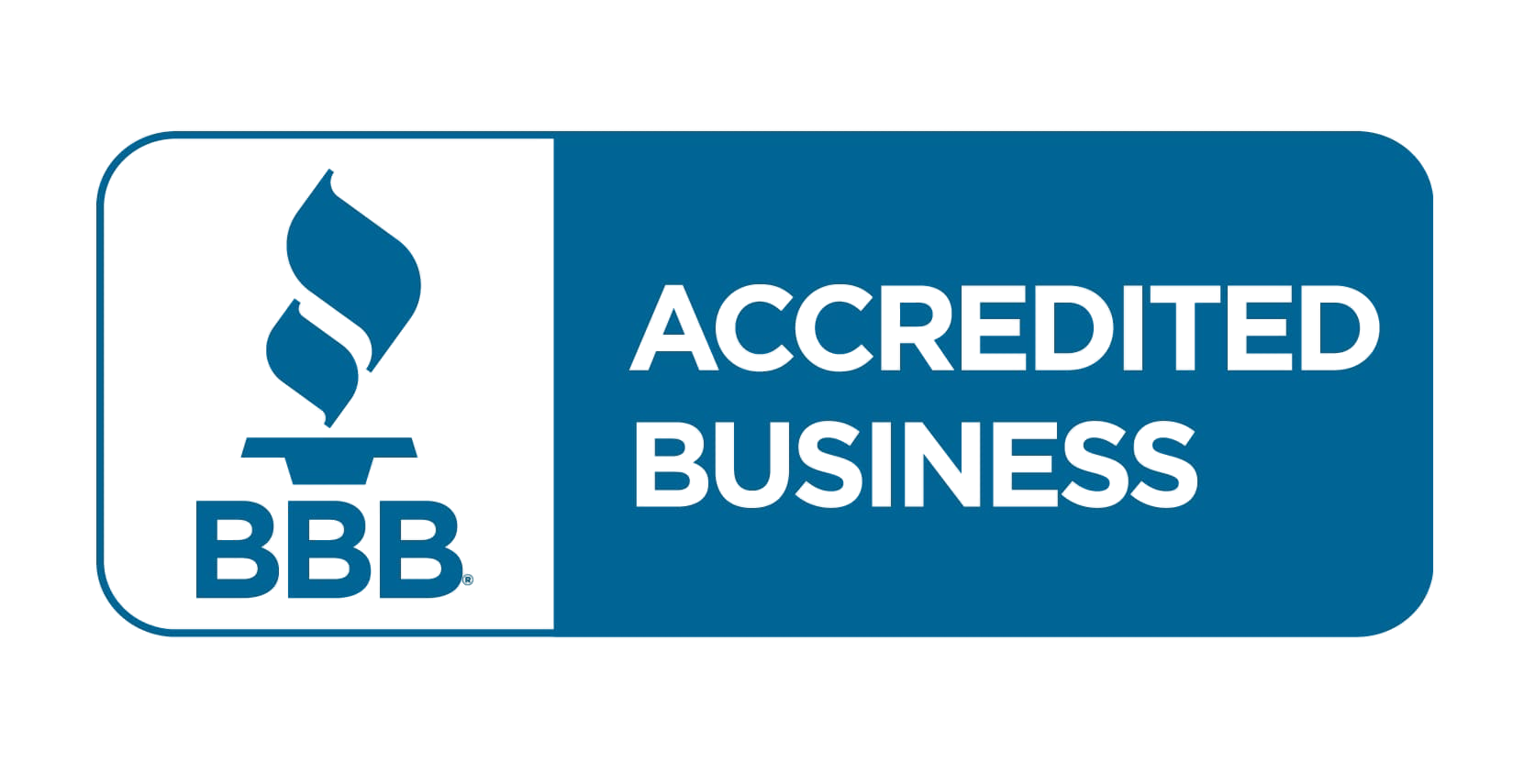New to the Cloud? Here’s What You Need to Know
Source: Intermedia.com
Is your business new to the cloud? You’re not alone. The cloud market has been increasing quickly over the past few years as businesses of all sizes – from SMBs and bootstrapped startups to global enterprises – have turned to cloud computing to solve problems, drive efficiencies, and stay competitive.

But the cloud isn’t just a new tool or a trendy tech upgrade. It’s a new IT environment that has literally added a dimension to what’s possible with technology. With the cloud, businesses aren’t limited by the constraints of in-house hardware. What was once out of reach of many companies is now affordable and scalable. Concepts as central to business operations over the past two centuries, such as working in the office, are now optional.
The changes the cloud is driving are nothing short of phenomenal. This can make it overwhelming for new adopters. The truth is, even cloud experts are still learning more about what this technology can do because the cloud continues to evolve.
To help you understand what it is and the best way to leverage it, we’ve put together an overview of what you need to know if you’re new to the cloud.
How Long Has the Cloud Been in Use?
The term cloud computing was first used in 1996 in an internal document for Compaq, although the concept had been around since the 1960s. It was used to describe distributed computing.
It wasn’t until the 2000s that businesses started using the cloud – Amazon was the first major adopter. The company used cloud computing to make its computing power more efficient. It then launched Amazon Web Services in 2006, the same year Google launched Google Docs.
Fast-forward 15 years, and the cloud is everywhere.
What Is Cloud Computing?
With the cloud, computing services are hosted off-site and run over the Internet. A common example is cloud storage, but your business can also use cloud servers, networking, software, analytics, and intelligence.
When you use the cloud, you only pay for what you use. This simple concept allows companies to build custom cloud strategies to meet business goals – and to quickly scale and adapt without experiencing downtime or requiring a large investment.
What Are the Different Types of Cloud?
There are three deployment types to choose from:
Public cloud
This is the most affordable option. With a public cloud, a third-party provider owns and operates the cloud, and users share the resources. Even though there are other users accessing the same cloud, your data isn’t accessible to them.
Private cloud
If your business needs exclusive computing resources and a private network, consider private clouds. In this case, you can own and manage the cloud or pay a third-party to host it for you.
Hybrid cloud
Businesses that use hybrid clouds can share data and applications between both your public and private clouds. This is the best option if you want maximum flexibility, as well as the security and compliance advantages of the private cloud.
SaaS, PaaS, IaaS – What’s the Difference?
In addition to choosing the type of cloud that’s right for your business, there are different service models you can use. What’s right for your organization will depend on what type of cloud services you want and where you are on your cloud journey.
SaaS – Software as a Service
With SaaS, a provider delivers a software application over the internet. They host and manage the software, so setup is usually simple. Generally, users just have to download an app to their phone, desktop, or laptop, or they can log in over a web browser and access the software.
PaaS – Platform as a Service
PaaS offers an on-demand environment for developers. They can develop, test, and deliver mobile and web apps without having to purchase and manage on-premises infrastructure.
Serverless computing is similar to PaaS. In this case, the provider handles setup, capacity planning, and server management. It’s a highly scalable service you can use for specific events or functions.
IaaS – Infrastructure as a Service
This type of service allows you to rent cloud servers, operating systems, virtual machines, and other IT infrastructure components.
Is the Cloud the Future of Technology?
The growth rate of the cloud has been remarkable over the last decade. In some years, the market has experienced triple-digit growth.
Even during the pandemic-triggered economic downturn in 2020 – the steepest economic contraction in modern history – growth in cloud computing was faster than in 2019, a year that saw a booming economy.
How many businesses are using the cloud already?
A March 2020 Deloitte report found that 90 percent of global enterprises will rely on the hybrid cloud by 2022. Another survey conducted around the same time revealed that 97 percent of IT managers planned on distributing workloads across two or more clouds. Microsoft CEO Satya Nadella sums up the speed of change last year when he said, “We’ve seen two years of digital transformation in two months.”
And what about the future?
As we move into a post-pandemic world, the cloud will play an even bigger role. Gartner predicts a very cloudy future where non-cloud applications and infrastructure will be considered legacy by 2025.
This hyper-focus is all about the drive to increase resilience and innovation. With cloud services, organizations can create innovative business solutions tailored to both current and predicted needs.
It’s also about empowerment. The cloud gives businesses with modest IT budgets access to cutting-edge technology. Whether you want to get started with cloud-based applications to enable remote work or you want to migrate everything – networking, data storage, business intelligence, and more – the sky’s the limit when you’re in the cloud.
Ready to Work Better From Wherever?
Transitioning to the cloud doesn’t have to be difficult. With fully integrated cloud-based solutions, you can quickly evolve from being legacy system-dependent to a highly resilient business that allows a work-from-wherever model.
TN Team has everything your business needs to stay productive – Unified Communications, Contact Center software, Email and Microsoft 365, and File Management. Contact us today and find out how easy it is to start using the cloud.

 Customer Portal Subscribe
Customer Portal Subscribe